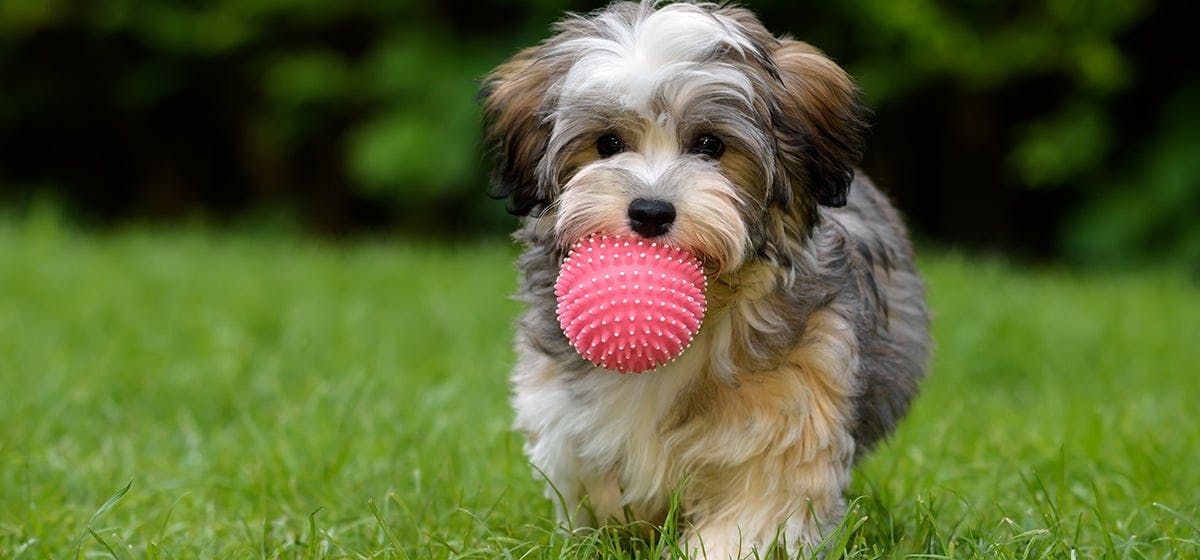Dogs have been known to be man’s best friend for centuries, but how do they know how to play? It’s not like they can read the instructions on a toy or watch other dogs playing. Scientists believe that dogs have an innate sense of play because it is essential for their survival.
Play helps puppies learn important skills such as hunting, fighting, and socializing. When puppies play with each other, they are practicing these skills in a safe and controlled environment. As they get older, dogs continue to play because it is enjoyable and keeps them mentally and physically active.
Dogs usually initiate play by inviting another dog to chase them or by bringing a toy over to another dog.
Dogs are natural born creatures of play. It’s in their DNA to roughhouse, run and jump. The dog’s wild ancestors probably spent a lot of time playing with each other as a way to build relationships and work out dominance issues.
Today, dogs still enjoy playing for the same reasons.
The question is, how do dogs know how to play? After all, they didn’t grow up watching humans engage in activities like basketball or football.
And yet, when we throw a ball or Frisbee for them, they seem to instinctively know what to do.
There are a few theories on this subject. One is that since dogs are descendants of wolves, they inherit some of the same instincts.
Wolves engage in play fighting as part of their socialization process, so it makes sense that dogs would too. Another theory is that dogs learn through imitation. If they see another dog playing fetch or catch, they’ll want to try it themselves.
Whatever the reason, it’s clear that dogs love to play and have a great time doing it!

Credit: wagwalking.com
How Do Dogs Let You Know They are Playing?
Dogs let you know they are playing in a number of ways. They may bark, wag their tails, chase their tails, run around in circles, or playfully nip at your hand or feet.
Do Dogs Know How Do You Play by Themselves?
Dogs are intelligent creatures that are able to learn a variety of tasks and tricks. But, do dogs know how to play by themselves?
The answer is yes!
Dogs are capable of keeping themselves entertained when they’re left alone. This is because dogs have a natural instinct to explore and be curious about their environment. So, if your dog has some toys or chew bones available, they’ll likely spend their time playing with these items on their own.
Of course, not all dogs will enjoy being left alone and may become anxious or destructive when left by themselves for too long. If this is the case with your dog, it’s important to provide them with plenty of enrichment activities (such as puzzle toys) to keep them occupied while you’re away. With patience and training, you can help your dog feel more comfortable being left alone and prevent any unwanted behavior from happening.
Do Dogs Know When You are Playing?
Dogs are very attuned to human body language and can pick up on subtle cues that we are trying to play with them. For example, they may see us reaching for a toy or ball and start to get excited, knowing that a game is about to begin. Dogs also use their own body language to let us know when they want to play.
They may bow down low, wag their tails energetically, and make playful noises – all of which are inviting us to join in on the fun!
How Do Dogs Decide Who to Play With?
When dogs are young, they learn how to play and interact with other dogs through their mother and littermates. They learn what is appropriate behavior when playing with others, such as using their mouths gently and not being too rough. Puppies also start to develop preferences for certain types of playmates based on size, energy level and play style.
For example, a small, gentle puppy may prefer to play with other small, gentle puppies rather than large, rambunctious ones.
As they get older, dogs continue to refine their social skills and Preferences. They learn how to read other dogs’ body language and cues in order to decide who would be the best playmate at any given moment.
For example, a dog who is feeling shy or fearful is likely to avoid boisterous or assertive dogs, while a confident dog may seek out more challenging playmates. Ultimately, each dog develops his own unique set of criteria for choosing friends and companions – just like people do!
Dogs actually understand what you're saying, study shows
How Do Dogs Play With Humans
Dogs are social creatures that enjoy interacting with humans. They use play as a way to bond with us and have fun. When dogs play with humans, they often use their mouths to nudge, grab, or paw at us.
This is part of their natural predatory instincts. Dogs also use their sense of smell to investigate us and figure out our individual scent signatures.
When dogs play with humans, they often take on different roles.
For example, some dogs may become the “chaser” while others become the “fleeing” party. In many cases, the games that dogs initiate are similar to those we would play with them – like fetch or tag. However, there are also times when they will surprise us by initiating new games or playing in ways that we don’t expect.
One thing is for sure – when dogs play with humans, they always seem to be having a great time!
Conclusion
Dogs are natural born athletes. Their bodies are designed for running, jumping, and playing. But how do they know how to play?
It turns out that dogs learn to play by observing other dogs. They watch how their littermates and mother interact during playtime, and they mimic those behaviors. This is why puppies who are raised in homes with other dogs tend to be better at playing than those who are not.
So, if you want your dog to be a good player, make sure he or she has opportunities to watch other dogs at play. And don’t forget to have plenty of toys on hand – after all, a tired dog is a good dog!
